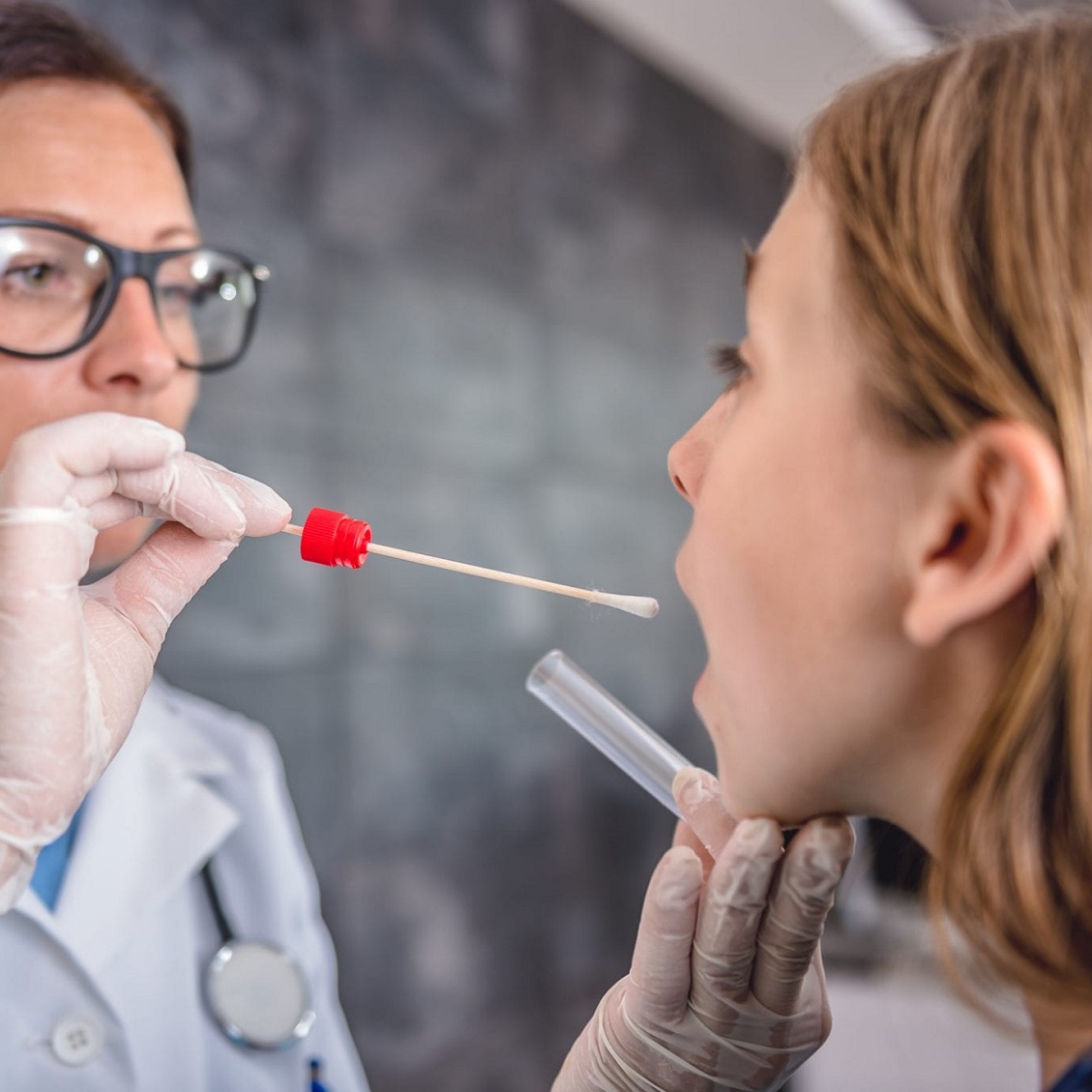
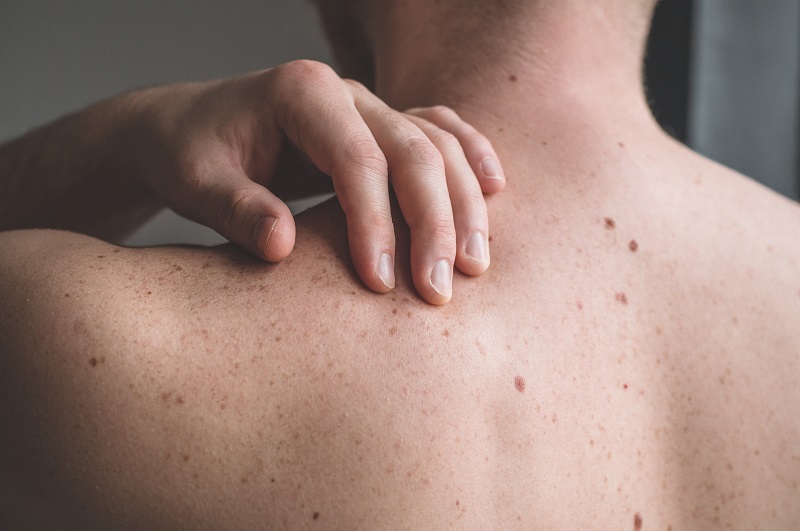
“You can take a few steps to lower your risk of skin cancer such as wearing sunscreen and avoiding tanning beds to name a few,” says Robin Ashinoff, M.D., chief of dermatology and dermatologic and mohs surgery at Hackensack University Medical Center.
Here are a few ways to protect your skin from skin cancer.
Wear sunscreen all year round
Apply a broad spectrum sunscreen with an SPF of 30 or higher. Dr. Ashinoff recommends applying sunscreen 30 minutes before you plan to go out and, when outdoors, reapply sunscreen every two hours.
“Chemicals in the sunscreen are inactivated after a certain amount of sun exposure, so it’s important to constantly reapply it when outdoors,” says Dr. Ashinoff.
Avoid sun between 10 a.m. to 2 p.m.
The UV rays are the highest between the hours of 10 a.m. to 2 p.m. so avoid going out during that time period.
Avoid tanning salons or deliberate sun bathing
UV rays from tanning beds are harmful as they can cause skin cancer. “There is no such thing as a base tan or a safe tan. If your skin is changing colors, you are damaging your DNA and greatly increasing your risk for future skin cancer,” advises Dr. Ashinoff. Tan achieved from a self-tanner is much safer than a UV tan and does not cause skin cancer.
Sun-protective clothing
Sun-protective clothing offers extra protection against UV rays and can be very cooling on a hot sunny day. Being bald or having thin hair can significantly increase your chance of getting skin cancer, so consider wearing a hat to cover your face, neck and ears.
Staying healthy overall
You can reduce your risk of any cancer by making healthy choices like eating a diet rich in antioxidants, staying hydrated with water, avoiding drinks with added sugar and exercising regularly.
“Most people think only sun exposure is a risk for skin cancer, but very few know that smoking and going into the sun both equally increase your risk of future skin cancer, so don’t smoke,” advises Dr. Ashinoff. Some over-the-counter supplements may help protect your skin against sun damage.
Be mindful of skin changes

Consider regular skin screening
“Just like you go for a physical exam, you should have your skin checked once a year by a doctor,” says Dr. Ashinoff. Regular skin checks are especially important for people who have already had skin cancer. You should also self-examine your own body and check for any abnormal signs. Skin cancers are usually treatable if detected early.
Who's most at risk for skin cancer?
- People with a fair complexion who freckle quickly
- People who have a family history of skin cancer
- Anyone who spends a lot of time in the sun
- People who smoke
- People with reduced immune systems

Next Steps & Resources:
- Meet our source: Robin Ashinoff, M.D.
- To make an appointment with Dr. Ashinoff or a clinician near you, call 800-822-8905 or visit our website.
The material provided through HealthU is intended to be used as general information only and should not replace the advice of your physician. Always consult your physician for individual care.
Find a doctor near me
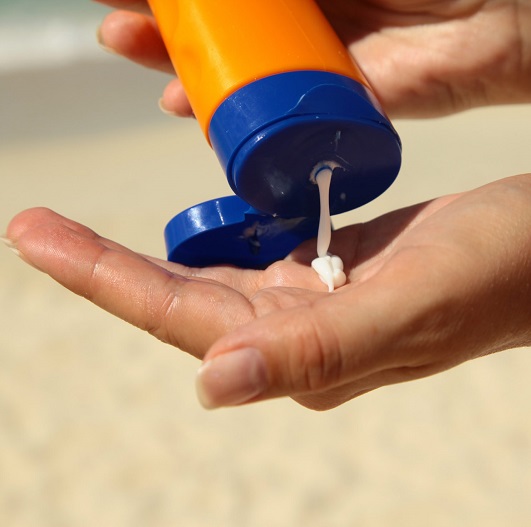
4 Surprising Things That Can Make You Prone to Sunburn
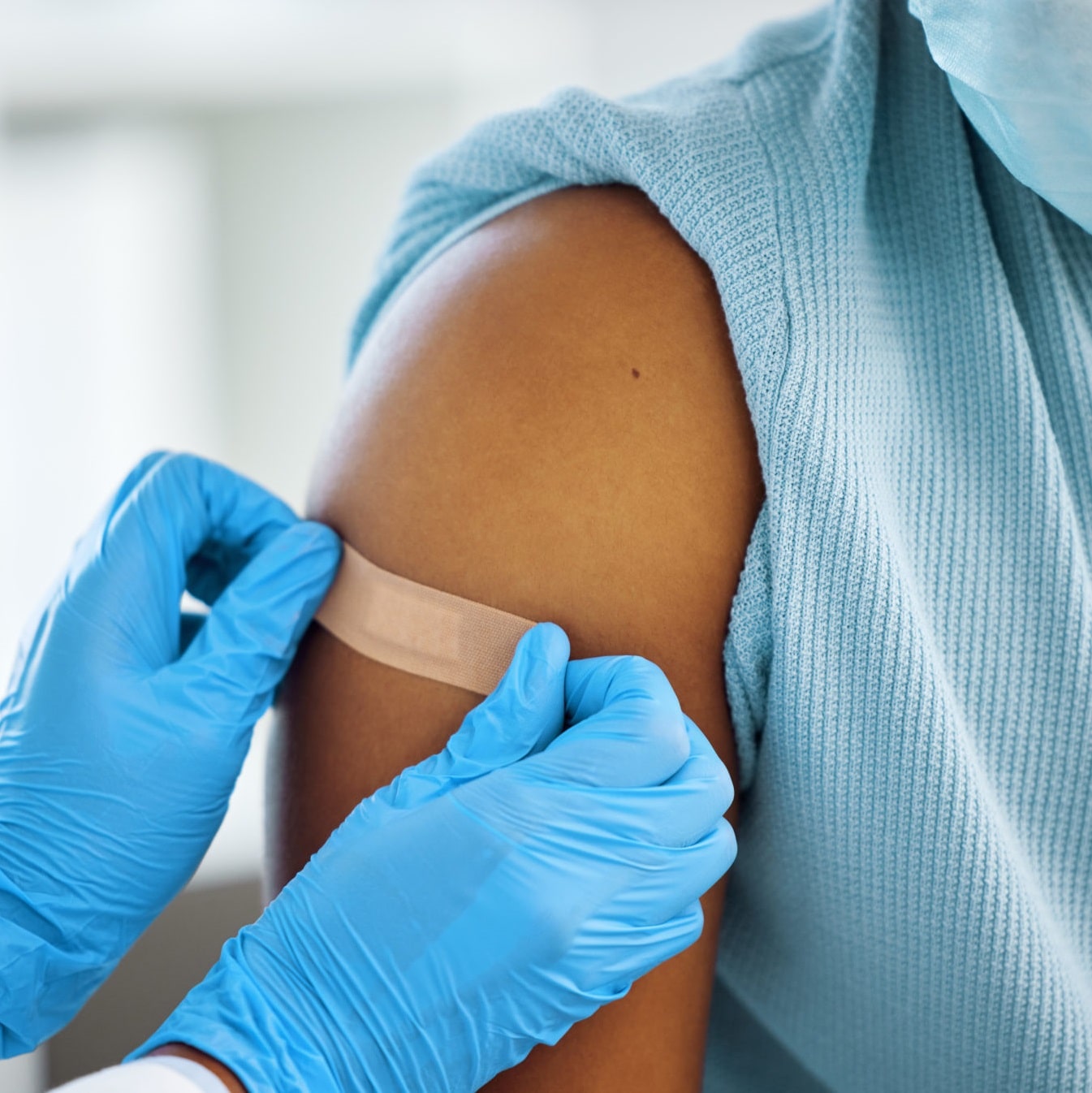
What Are Cancer Vaccines?
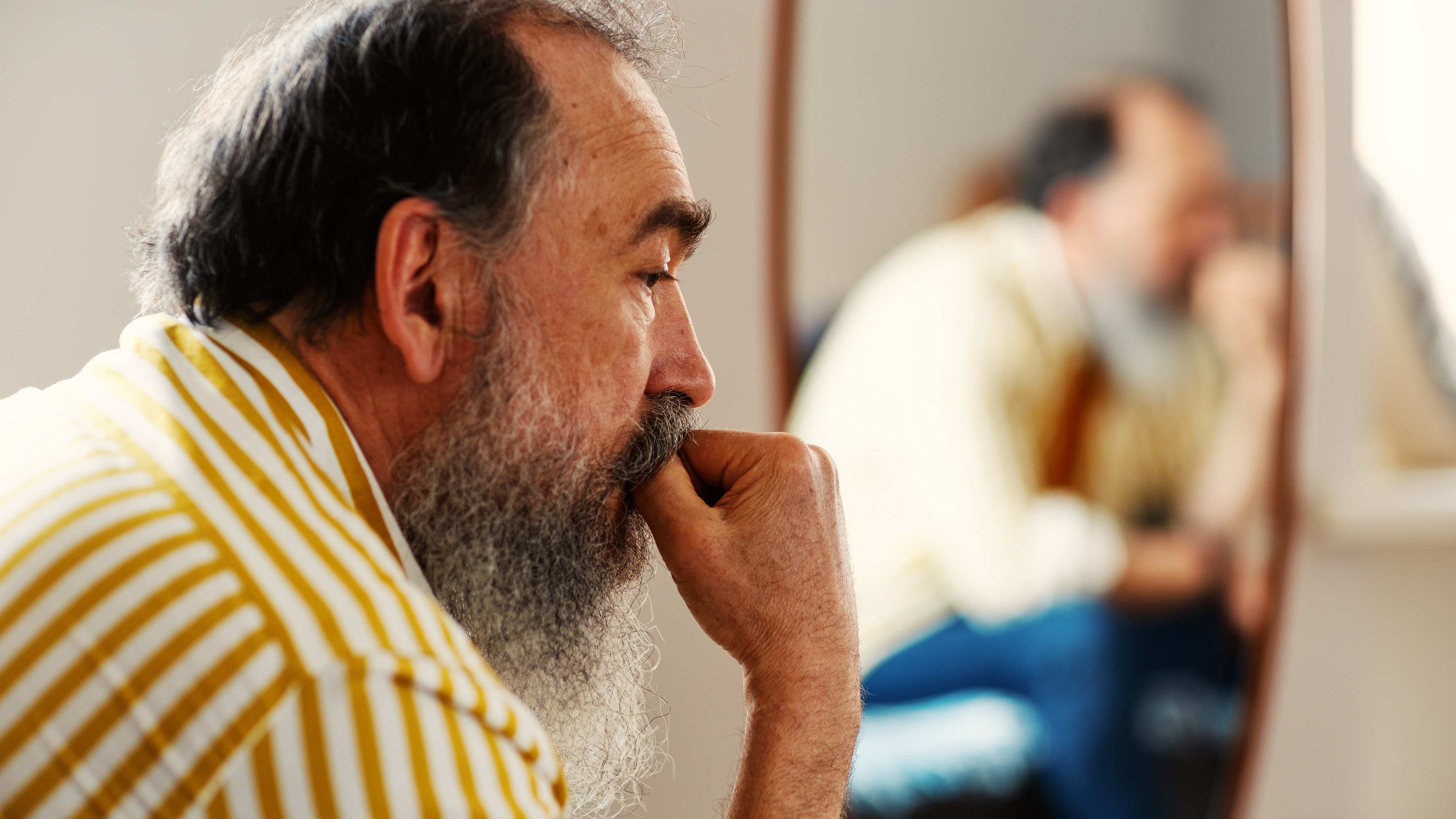
11 Potential Cancer Symptoms You Shouldn’t Ignore
